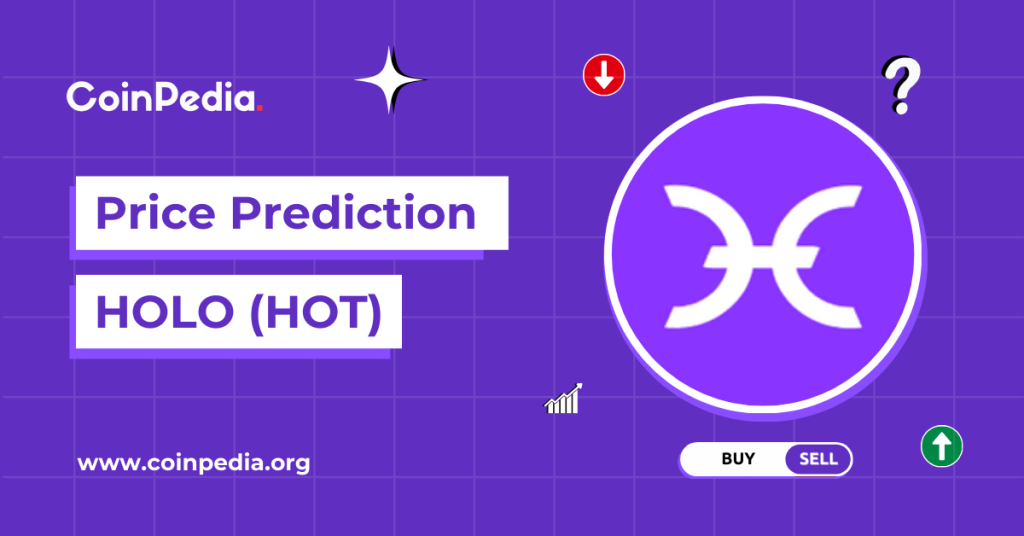
The post Some DeFi Opportunities Beyond Spot Trading On Metamask appeared first on Coinpedia - Fintech & Cryptocurreny News Media| Crypto Guide
Decentralized Finance (DeFi) is one of the crypto niches that is bringing true value to Web 3.0 users.
This burgeoning ecosystem rose to fame following the debut of governance tokens in the Summer of 2020; today, there is over $210 billion locked in various DeFi protocols, according to on-chain analysis metrics by Defi Llama.
Unlike centralized ecosystems, DeFi platforms eliminate the need for a middleman. This futuristic iteration of the financial markets leverages non-custodial wallets such as Metamask to enable user interaction.
At the core, most DeFi applications are built on a permissionless smart contract infrastructure, enabling anyone to interact with the featured products.
While DeFi has minted some overnight millionaires, not everyone has been lucky enough to make fortunes. A significant number of crypto users who store their funds on non-custodial wallets like metamask are only aware of spot trading opportunities. Far much less than what the exciting DeFi world has to offer.
So, what are some of the other lucrative opportunities that Metamask users can access? Let’s take a deep dive in the next section of this article.
- Yield Farming
Yield farming is one of the most lucrative opportunities in the DeFi market. This process involves lending or staking your funds in DeFi protocols to earn network incentives.
In return, one is rewarded through a platform’s native tokens or stable coins, depending on the featured reward formula.
The earliest yield farms were built on Ethereum, featuring the likes of Compound Finance and Aave protocols. However, the landscape is now changing due to high transaction fees on the Ethereum blockchain and its inability to scale efficiently.
DeFi innovators are moving to other Layer-1 chains (Solana, Avalanche & Fantom).
Thanks to Metamask’s interoperability across various blockchain environments, crypto users can access multiple DApps built on the aforementioned chains.
This means that one can escape the heavy costs or limitations of one blockchain to make the most from other ecosystems. In some cases, the hosted yield farms can offer over 100% in APY.
- DeFi Management Strategies
Like traditional finance, DeFi has evolved to feature a wide range of services and tailored products. This nascent ecosystem is now offering newbies and veteran investors an opportunity to actively manage their investments through automated DeFi protocols such as HyperDex.
This DeFi management platform is compatible with the metamask wallet through the Binance Smart Chain (BSC) network.
As it stands, most DeFi users lack the knowledge to invest in the right opportunities or end up taking more risk than they can accommodate.
The HyperDex DeFi management solution fixes this by introducing cube financial instruments, featuring four categories; Fixed income, Algo trading, Race trading, and Modular cube investments.
DeFi users looking to automate their investment strategies can choose a cube that fits their appetite and risk profile.
Notably, the HyperDex ecosystem is powered through a native token dubbed HPY. Users on the platform can leverage this token to reduce their transactional costs when carrying out on-chain operations.
In addition, the HPY token is the incentive reward for early adopters of the HyperDex ecosystem. The platform plans to introduce exposure to other digital assets like NFTs scale its DeFi management strategies.
- Play-to-Earn Games
Play-to-earn (p2e) games are another way Metamask users can diversify their crypto investments. These games have become especially popular within the past year as NFTs went mainstream. Ideally, p2e games are designed based on the NFT architecture, allowing users to trade unique in-game items on various NFT marketplaces.
Currently, blockchain-based games account for over 50% of the active wallet users in the DeFi and NFT markets.
These games are not only being played by tech-savvy users but also prospects from developing economies such as the Philippines.
The country made headlines in the crypto community when a majority of its population flocked on the Axie Infinity game.
While the returns from Axie Infinity have since plunged, there are more upcoming games such as Splinterlands offering a similar opportunity, if not better.
The metaverse led by Decentraland and the Sandbox has also become a popular concept; NFT users can now buy digital pieces of land and engage virtually in other passive income opportunities.
- Synthetic Trading
For more sophisticated traders, one can opt for synthetic crypto assets. These are the tokenized version of an underlying real-world asset such as stocks or real estate.
While synthetic asset trading does not have a large fan base, there are multiple opportunities to earn an extra dime compared to holding idle funds on Metamask.
One of the DeFi platforms that feature Synthetic trading is the Synthetix crypto derivative liquidity protocol.
This decentralized ecosystem allows crypto users to mint and trade Synthetic assets that can be backed by fiat currencies, stocks, commodities, or other digital currencies. In doing so, the platform has expanded the DeFi investment scope, especially for the advanced crypto traders.
Closing Thoughts
The future of finance is fast being shaped through the DeFi market; this modern-day ecosystem will not only introduce financial freedom but more lucrative returns by eliminating the middleman’s cut.
However, crypto investors have an obligation to keep up with the moving trends to fully capitalize on being some of the earliest believers.
With so much to do in the DeFi market, it would be an injustice to stick with spot trading or limit oneself to the many opportunities this nascent field has to offer.
Non-custodial wallet users are better off learning how to transfer funds across various chains and diversifying their investments across different protocols and investment strategies.

 3 years ago
233
3 years ago
233














 English (US) ·
English (US) ·